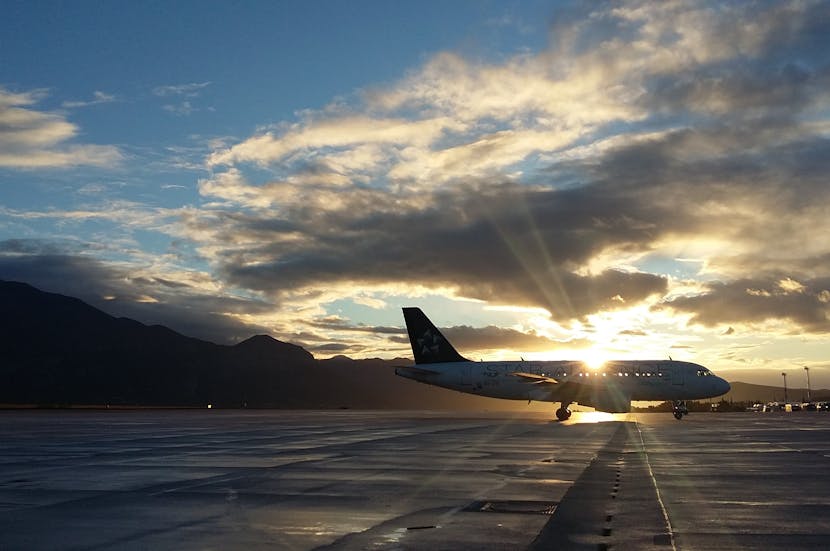- by foxnews
- 22 Nov 2024
Greece: Emergency Medical Landing at Chania's Daskalogiannis Airport with Airline A320 Bound for Glasgow Diverts to Assist Passenger in Distress
On Friday night, Chania̢۪s Daskalogiannis Airport on the Greek island of Crete became the center of an urgent medical response when an A320 aircraft, en route from Egypt to Glasgow, was forced to make an emergency landing to assist a passenger in distress. According to reports from ERT Chania, the aircraft̢۪s captain made the critical decision to divert to Chania after a passenger began experiencing severe cardiac issues mid-flight. This prompt action ensured the passenger received the necessary medical intervention in a timely manner, underscoring the importance of quick decision-making and the coordinated efforts between aviation and medical services.
- by travelandtourworld
- 03 Nov 2024
- in travel

The incident occurred at approximately 21:30 local time, when the captain of the Glasgow-bound flight contacted the control tower at Daskalogiannis Airport to report the situation. With the passenger's health rapidly declining, the captain requested immediate clearance for an emergency landing. This decision highlights the protocols and preparedness in place within the aviation industry to address medical emergencies, prioritizing passenger safety and well-being above all else.
Swift Coordination at Daskalogiannis AirportAs soon as the control tower received the distress call, all necessary emergency protocols were activated to facilitate the landing and secure medical aid. The ground staff at Daskalogiannis Airport acted swiftly, coordinating with local medical responders to ensure that an ambulance was on standby when the aircraft touched down. Such a coordinated response is crucial in medical emergencies, as it minimizes the time it takes for the affected individual to receive professional medical care.
Emergency landings are not uncommon in the aviation industry, especially when it comes to safeguarding passengers experiencing medical crises. Airlines prioritize the health of their passengers, and policies are in place to allow pilots to reroute and make unscheduled stops as needed. For passengers, this offers a layer of reassurance, knowing that their safety is paramount, even if it means altering the flight path to accommodate unexpected medical needs.
After the Emergency LandingOnce the passenger received medical care and was safely transported to a medical facility, the A320 resumed its journey to Glasgow. The delay was minimal, thanks to the efficient handling of the situation by both the airport staff and the airline crew. After receiving clearance from the control tower, the aircraft was able to continue on its original path, ensuring that the remaining passengers reached their destination with minimal disruption.
- by foxnews
- descember 09, 2016
New travel trend has Americans chasing fountain of youth
Booking.com released its 2025 travel predictions list, and one trend, "passport to longevity," has 57% of travelers seeking vacations to "extend their lifespan."
read more




